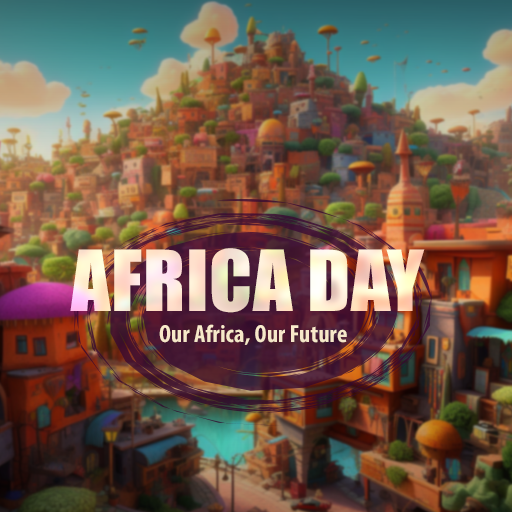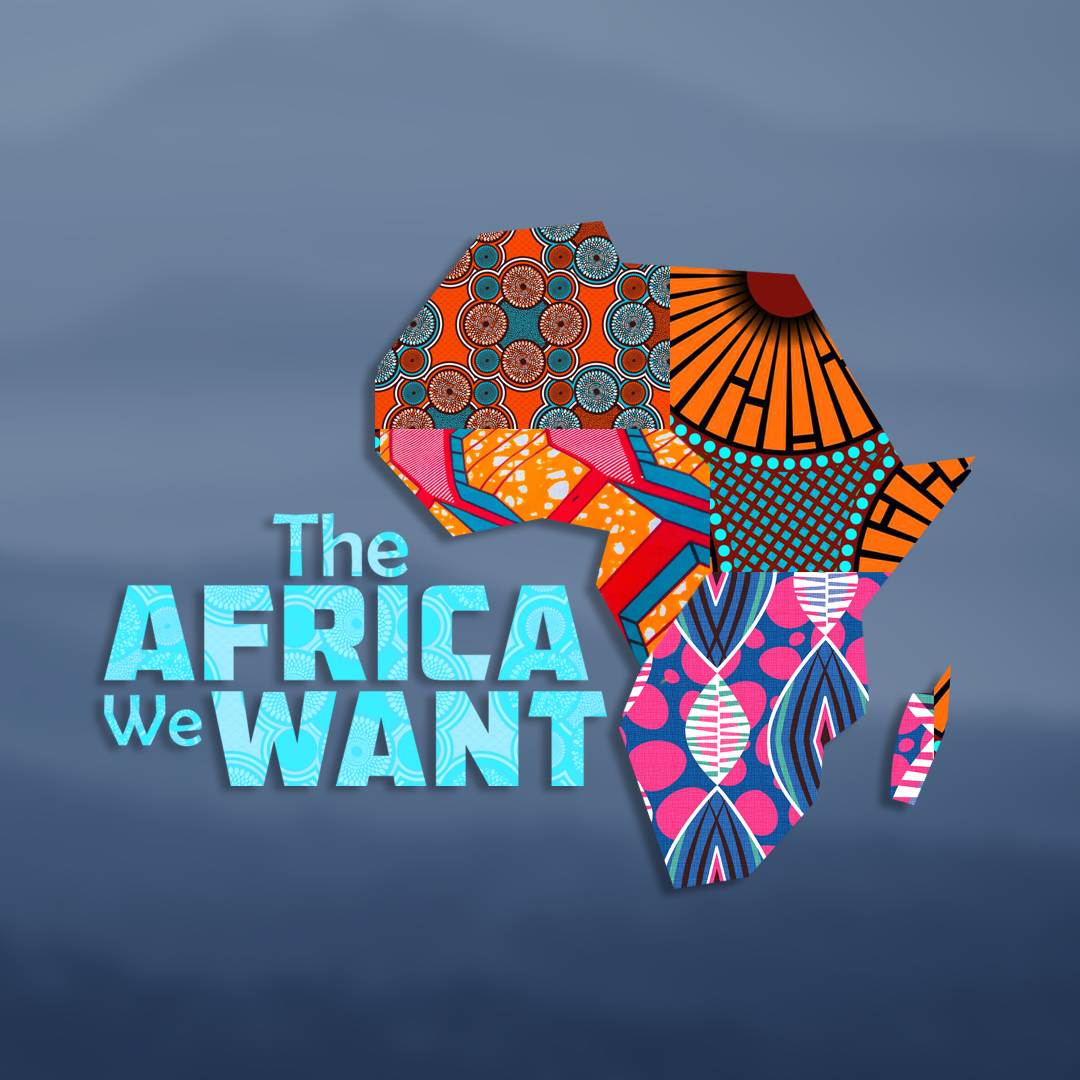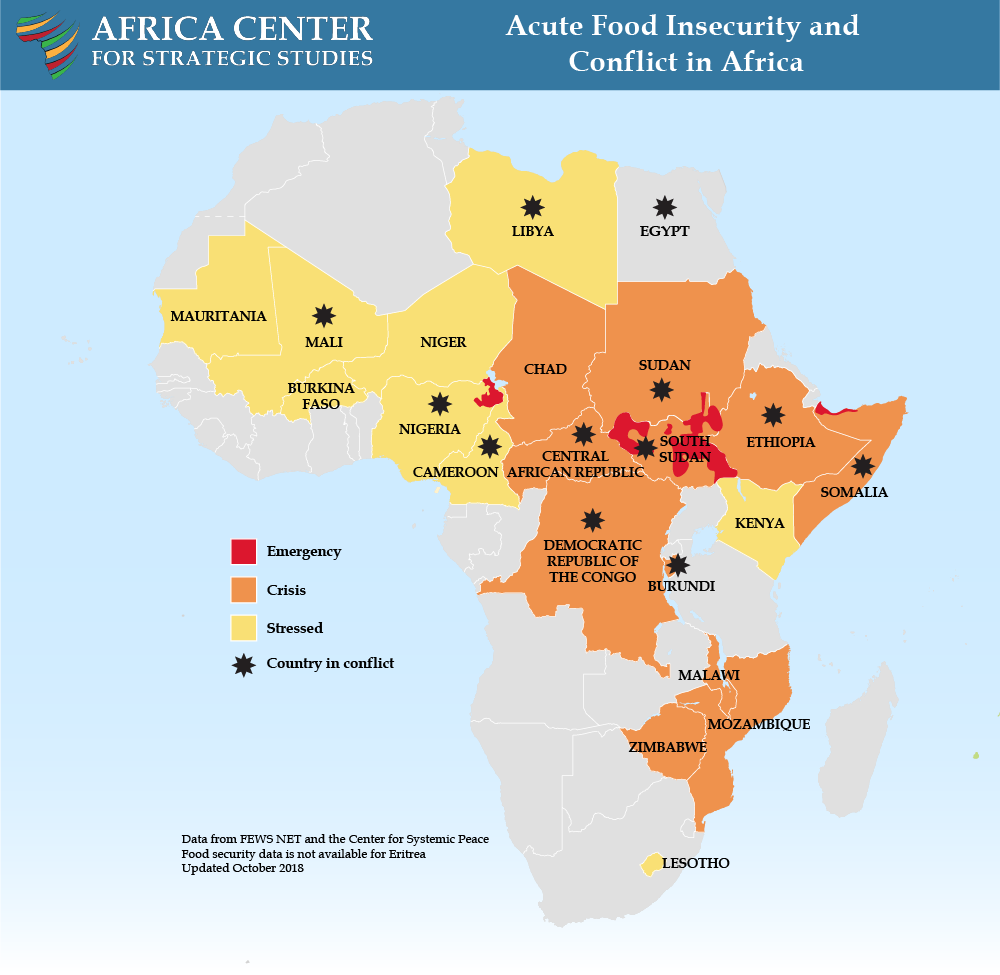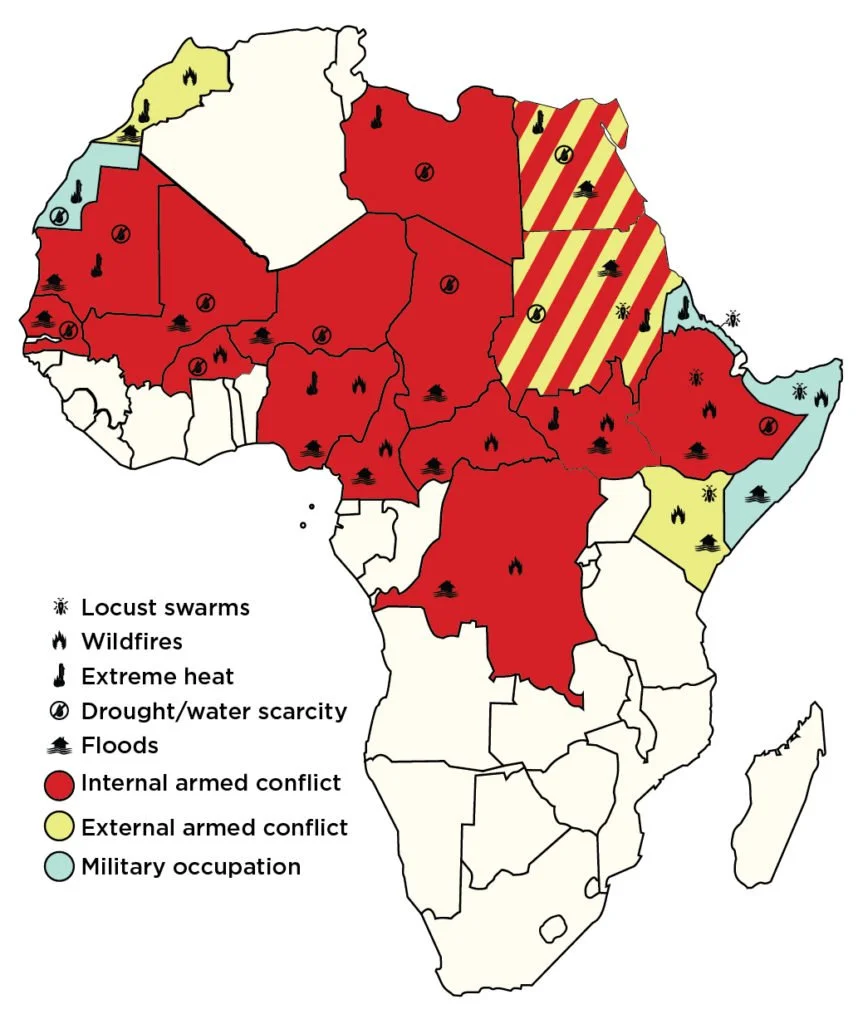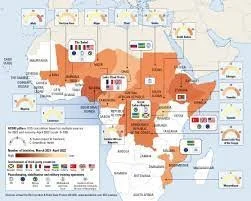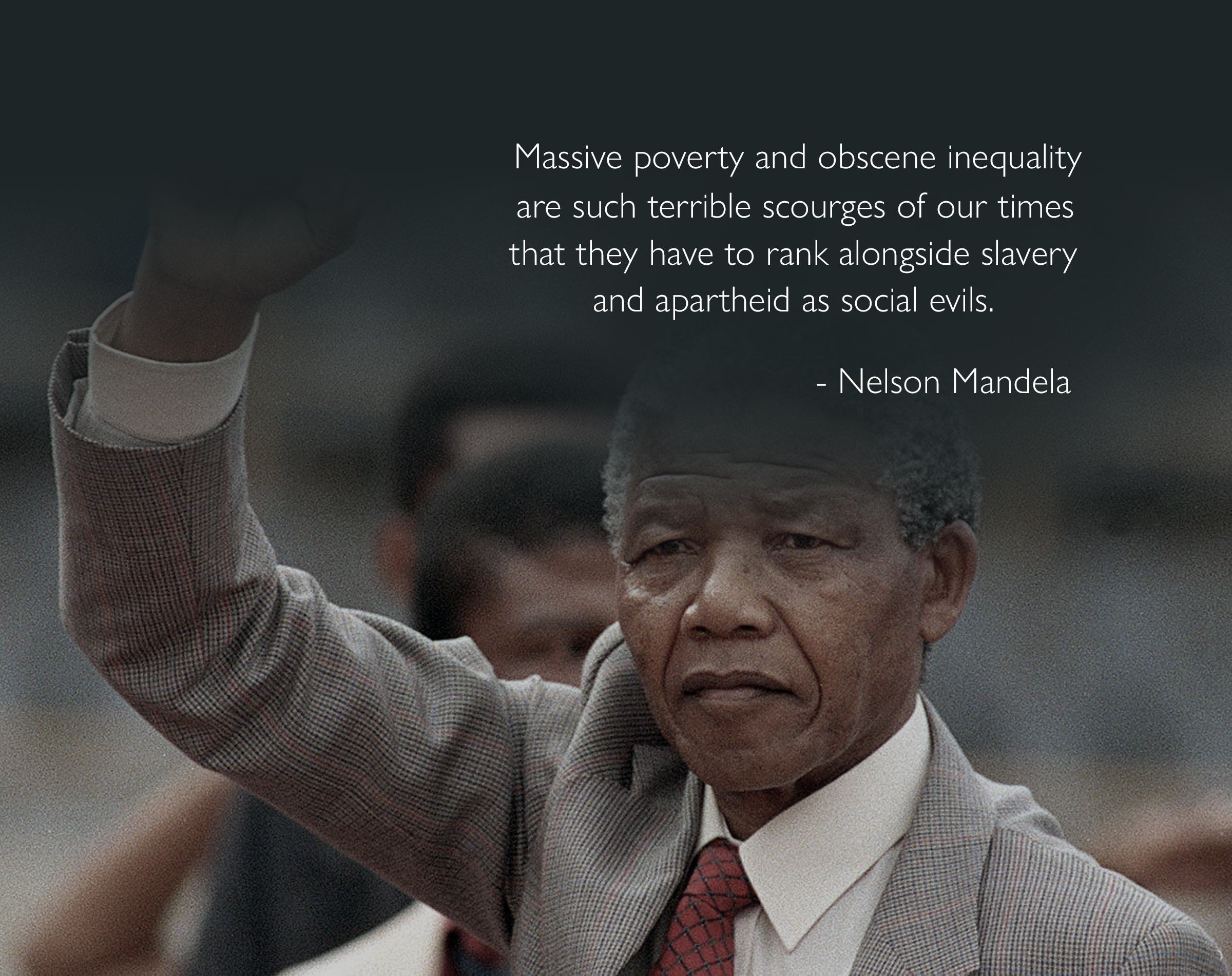Africa Day 2023: Our Africa, Our Future
On the 25th May 1963, Africa made history by establishing the Organization of African Unity (now the African Union), which brought the continent together. This led to the creation of Africa Day on the 25th of May, an annual celebration of the continent’s identity and unity across the world, particularly in Africa.
60 years later, the initial discussions that led to the establishment of the African Union are still relevant and, some of them, are still presenting significant challenges and remaining projects, at political, economic, social and community levels. This year’s theme calls us to seize the opportunity in shaping the narrative about Africa, by telling the story on the journey of the continent. This is a timely call, in days where storytelling has taken front scene in the development narrative; in days where the importance lies on who speaks rather than what is said; in days where thousands of expert conversations can be outweighed by a single influencer’s short message.
At 60 years of age, usually time for retreat or start of a new life, and recognizing one’s experience, this legendary celebration of the AU calls for a frank stock-taking and lessons learning. The AU’s Agenda 2063, adopted in 2015 is to lead Africa towards the “Africa We Want”; one with a more prosperous future in which all its citizens, young, old, male, female, rural, urban, of all creeds and backgrounds, are empowered to realize their full potential, live with satisfaction and pride about their continent; a future with healthy, welleducated people living in robust and developed economies.
This 60th anniversary is being celebrated under the slogan: “Our Africa Our Future”, and Member States are requested by the AU, among other things, to showcase major successes, milestones, challenges, and way forward under Agenda 2063.
As direct and indirect beneficiaries of the Member States’ interventions, and to echo the slogan and the “Our” part, the civil society and population need to ask themselves;
What have we seen as concrete changes these past 60 years?
How have we moved towards our objectives?
What has slowed us down?
How can we move faster?
“A Peaceful and Secure Africa”.
As we all know, peace is a cherished good of humanity. But it is a good that many people in Africa have not enjoyed for decades. Millions of people have been deprived of peace for much of their foreshortened life, while an even greater number, –possibly all humankind-, can feel the threat of being severed from peace and stability- if not for themselves, for their children. Good in itself, peace –true, lasting peace- is also a symptom of well-being, a symptom of people living in harmony with themselves and others.
In Africa, conflicts and violent extremism constitute serious threats to peace and security globally, and undermine all efforts for economic growth, poverty eradication and shared prosperity, including the implementation of Africa’s Transformative Agenda 2063 and the global Agenda 2030.
For the last two decades, Africa has been characterized by a number of conflicts, with million people killed, million made refugees and internally displaced, imprisoned, tortured and sexually violated. This has had adverse consequences on socio-economic development, environment and infrastructure. Conflicts and instability not only rob the continent of its scarce human resources, but also heighten the risk perception of the continent, with adverse implications for domestic and foreign private sector investment.
While Africa is celebrating 60 years of the establishment of the Organization of African Unity/African Union, African leaders may wish to reflect on progress made in the fight to building peace and addressing root causes of conflicts across the continent. Despite the existence of a continental framework for the promotion of peace, security and stability in Africa, conflicts continue to undermine development efforts. But as highlighted, in times when populations, and particularly the youth are increasingly informed, connected and have higher leverage for action, this situation should call all our efforts and attention, and actions towards demanding accountability to duty-bearers.
Partners for Peace and Prosperity would like to seize this occasion to call upon African leaders to take bold actions to address root causes of conflicts, in particular: inequalities and social injustice, youth unemployment, impacts of hunger and poverty, bad governance and corruption, improper management of natural resources, lack of education and population pressure, abuse of ethnicity, and free circulation of arms.
Inequalities and social injustice
Inequalities are widening, with a small slice of the population getting richer as the ranks of the poor keep growing. As Nelson Mandela, former President of South Africa, pointed out, “Massive poverty and obscene inequality are such terrible scourges of our times . . . that they have to rank alongside slavery and apartheid as social evils”.
Addressing inequalities matters for achieving sustainable development goals. Ignoring inequality in the pursuit of development is perilous. Focusing exclusively on economic growth and income generation as a development strategy is ineffective, as it leads to the accumulation of wealth by a few and deepens the poverty of the many. Besides impeding poverty reduction and achievement of sustainable development goals and shared prosperity, failure to address inequalities means that communities, countries and regions remain vulnerable to social, political and economic upheaval.
On Youth Unemployment
Inequalities between generations have grown at an alarming rate over the past few decades, paralleling the rise in the gap between rich and poor. With 250 million people aged between 15 and 24, Africa has the youngest population in the world. The majority of young people live in urban areas.
The current trend indicates that this figure will double by 2045.
About 10 to 12 million young people join thelabor market each year.
Africa needs to create one million jobs a month, 12 million jobs a year, and by 2030, Africa will need to create 180 million additional jobs. Africa has one of the highest youth unemployment rates in the world, with 27.6 percent of young people without work.
This can be a source of instability if African leaders do not address the concerns of its young people.
On Hunger and Poverty
Today, millions of Africans suffer from hunger, while the amount of food produced worldwide is more than enough to feed everyone. Poverty and deprivation are seen as underlying causes of endemic conflict and civil violence. Persistent poverty and oppression can lead to helplessness and despair. When governments fail to meet the most basic needs of their people, these failed states can become havens of terror. Eliminating hunger is a necessary contribution to the many avenues that need to be followed to reduce violence and promote lasting peace, greater investments in education; the reduction of policy distortions that make investments excessively expensive; and the reduction of wasteful consumption expenditures.
The economic crisis of 2008 which led to food insecurity has shown us that although the richest continent in the world, Africa is still hugely dependent on America, Europe and other continents for food and other basic essentials.
On Bad Governance and Corruption
In Africa, poor governance has led to poor economic growth and it is manifested through corruption, political instability, ineffective rule of laws and institutions. Some African countries went through governance failures and corruption at some point in time but their governance capacity made them recover and ensure the maintenance of rapid growth performance, through constant demands to improve government and reduce corruption. Corruption creates and increases poverty and exclusion. While corrupt individuals with political power enjoy a lavish life, millions of Africans are deprived of their basic needs like food, health, education, housing, access to clean water and sanitation.
On Improper Management of Natural Resources
Africa is the richest continent in the world, blessed with abundant natural resources, yet it is considered as one of the world’ poorest and underdeveloped continent stricken by war, diseases, poverty, high level illiteracy and corruption.
Africa as a continent has many valuable natural resources, including mahogany, coffee, cocoa, oil, gas, diamonds, gold, uranium, and coltan, as well as others. Nevertheless, Africa has trailed the rest of the world in reducing poverty because of poor management of these continent's natural resources.
Foreign businesses, with the help of corrupt local government officials, and using cheap labor, extract the precious resources, and none of that money is going back into the African economy, leaving African people into poverty and exacerbating conflicts and wars over water and other natural resources.
Lack of Education and Population Pressure
Widespread lack of resources for public schools in poor communities has led to overcrowded classrooms with under-trained teachers using outdated curricula and teaching processes. These conditions are accelerating the growth of private schooling, undermining one of the core responsibilities of any State: to provide good public education. And tens of millions are still excluded from formal education altogether. The root cause of poverty is lack of education.
If you can’t read or do basic math, if you can’t show up for work and apply yourself, your chances to have a job are vastly reduced.
Abuse of Ethnicity
Many politicians across Africa continue to use ethnicity to promote themselves and inflict maximum political damage on their opponents. The advent of multiparty politics was characterised by the emergence of ethnic based political parties. The main objective being to protect kith and kin at the expense of a genuinely inclusive democracy and political pluralism. Today ethnicity and conflict have replaced social harmony, diversity and development.
Availability of Arms
Demand for small arms in Africa is motivated by weak governance, insecurity and poverty. The supply comes mostly from external sources. They have been used in armed robberies, intra and intercommunal feuds, local wars, armed insurrections, armed rebel activities and terrorism. They are used to facilitate drug trafficking, smuggling and other such crimes.
Overall, small arms maintain a general state of fear. As a result of the armed conflict, many people have been killed, many others displaced or made refugees and property destroyed.
All these factors and others, not mentioned, are the main drivers of conflicts and lack of peace in most African countries.
Let us make this date of 25 May, a date to encourage our leaders and the continental organization, and develop initiatives meant at addressing root causes of conflicts and instability, towards sustainable development and shared prosperity for all African people, as well as assess the state of peace and stability at continental level, on an annual basis.
This assessment and appropriate solutions will facilitate the implementation of all Africa’s agendas, including Agenda 2063 and the African Continental Free Trade Area (AfCFTA).

